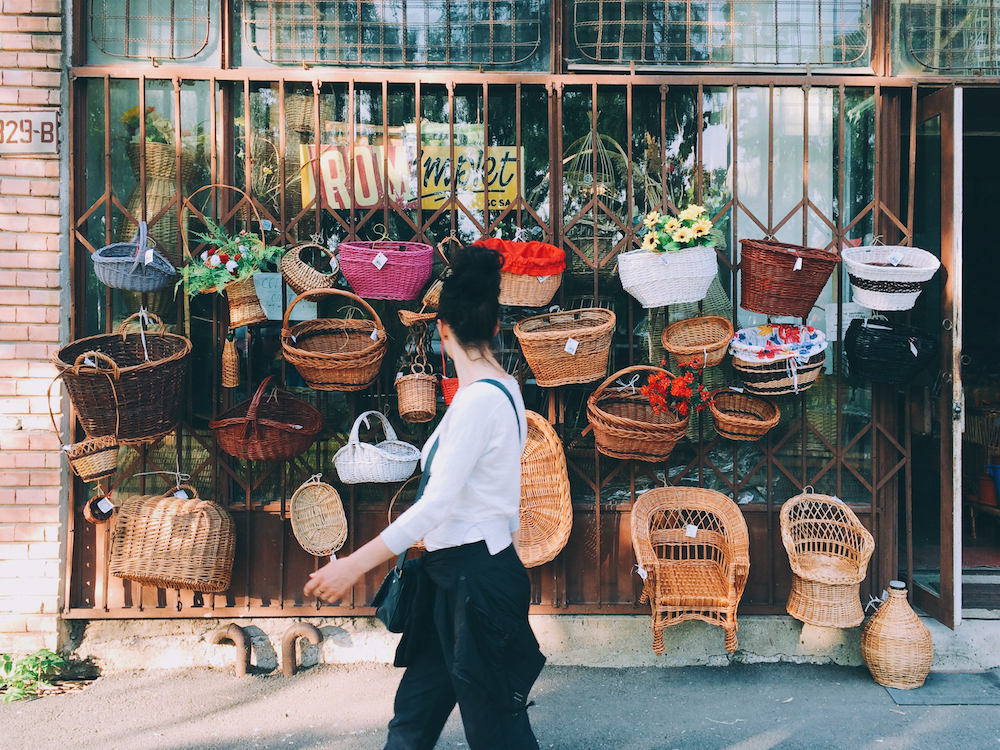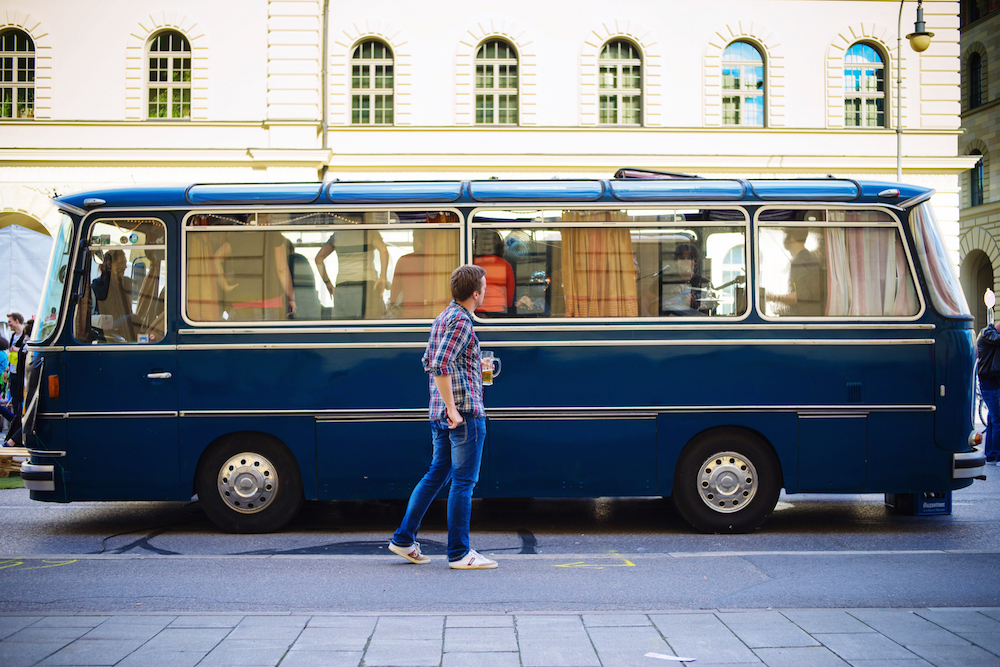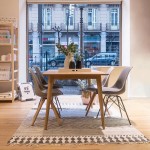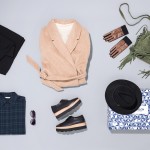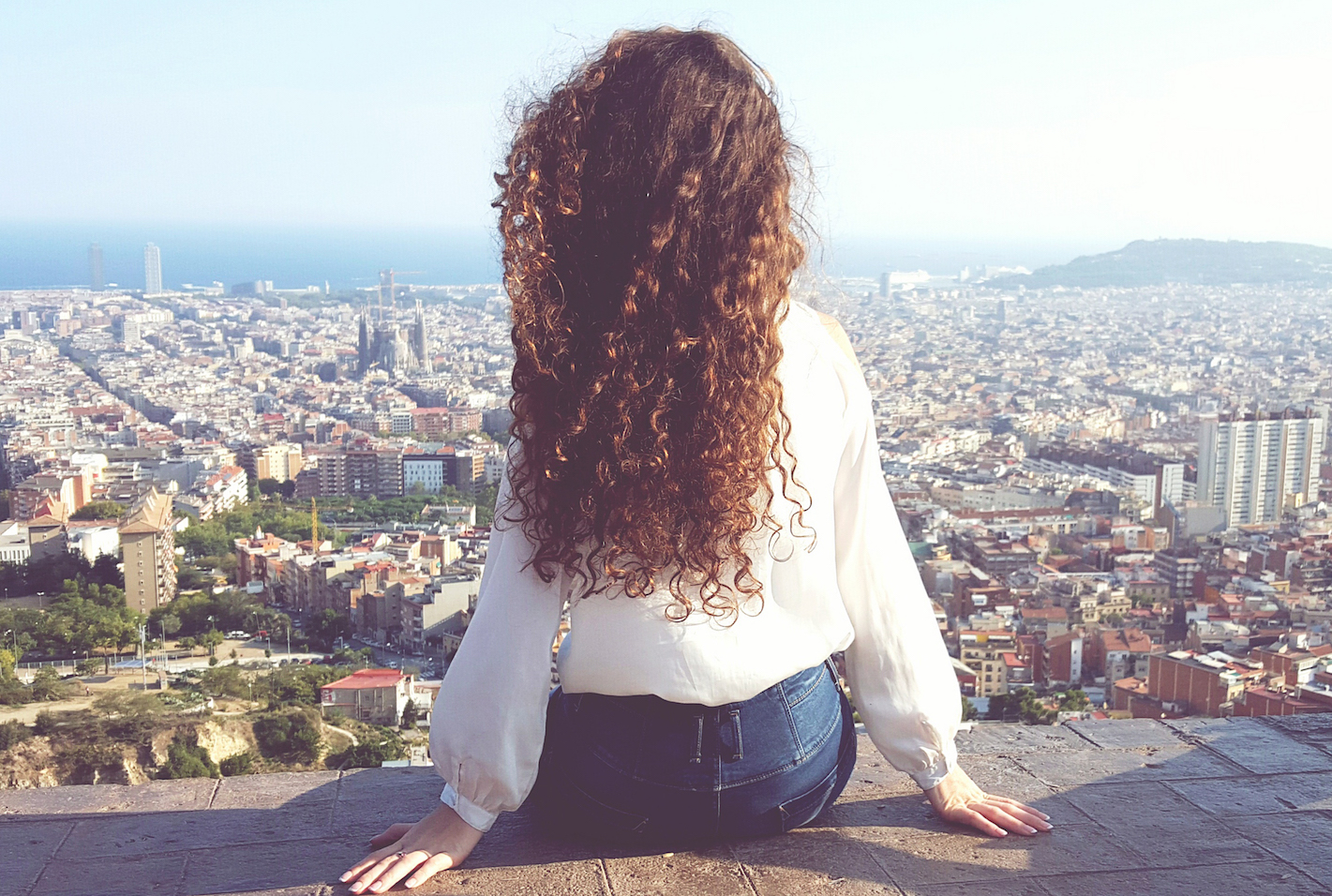
How Pop-Ups Can Shape Our Future Cities
by Katja Feldmeier
4 inspiring ideas for future retailers
What will our future cities look like? How can we form them to be vibrant, interesting and sustainable? These questions led us through 2015, the research year for the future city. The dialogue between companies, scientists, artists and urban planners will continue in 2016. The HafenCity University Hamburg began a search for good retail concepts for future cities. Which kind of shops will last? Which kind will disappear?
Dennis Boehres (Go—PopUp), Prof. Ingrid Breckner (HCU Hamburg), André Wilkens (author of »Analog ist das neue Bio«) and Thomas Böhm (author and presenter) collectively contributed 4 ideas for store and retail concepts of the future.
# 1 The no-revenue shop
In the future a store’s success will no longer be necessarily measured by the turnover inside the physical shop, but rather by the amount of attention it generates for a product or brand. It becomes increasingly rare for consumers to enter a shop to make a targeted purchase. Often their intention will be to browse, to touch the product and to be generally stimulated by the atmosphere. Then they go home and make the actual purchase online to get it delivered conveniently to the doorstep. Hence the business will ultimately make a revenue, just not in the physical store itself. Within this equasion the pop-up store has huge potential to generate the type of attention needed to create the offline to online sales conversion. It works as a three-dimensional billboard that can physically engage potential customers.
# 2 The unexpected shop
Those cities that tend to fascinate us, smoothly oscillate between continuity and change. The thrill of the metropolis is embedded in the ever present possibility for new discoveries, wherever we go. It could be a new place or a new detail in an already familiar neighborhood that suddenly catches our attention. Temporary shops promote this momentum and bring variety to previously grey urban routines. Stores that can surprise with changing product ranges or pop up in unconventional locations, enhance the city’s vibrance as well as fostering the satisfaction of its residents.
»How about a book store with a single great title on its shelves, changing every week? I would love to read a good book again.« Thomas Böhm
# 3 The shop for beginners
Previously, opening their own physical shop has been a utopian concept for many young entrepreneurs. The only way to get some foothold on the market was by presenting their product online. The pop-up starts to bridge that gap for retail newcomers by providing them with a low risk chance to have a physical store without the long-term commitment attached to it. Go—PopUp actively works on opening up the traditionally conservative real estate market to young and creative startups. Negotiating options for short-term rental of retail space and flexible leases, helps to create a new market, seeking to reintegrate young shop-keepers into the urban landscape. This opens the door for small brands and manufacturers to break the cycle of most available retail space becoming occupied by chain stores.
»Most of our customers have already internalized the pop-up concept. Moreover, it has become a core part of their business strategy. The pop-up shop is rarely a single event, but more often part of a brand’s long-term campaign.« Dennis Boehres
# 4 The sentimental shop
The endless possibilities that an online store has to offer, by using the newest technologies, still reach a real and very tangible boundary: it will never become a social space. An algorithm simply won’t be able to replace those incidental encounters and casual conversations, we regularily experience when browsing our neighborhood’s shops. Berlin’s Brunnenstraße has developed into an analogue alley over the past couple of years. A video store, a record store and a butcher have chosen to open their businesses there. Many digital natives and virtual creators living in the area have rediscovered the benefits of analog shopping. Personal advice from the specialist dealer, instead of a faceless chat program, will continue to offer greater customer satisfaction. Otherwise there would probably be no more Apple stores.
»The attraction of the analog lies in the surprising contact with people, the chance encounters, the kiosk where you can store your keys.« Prof. Ingrid Breckner
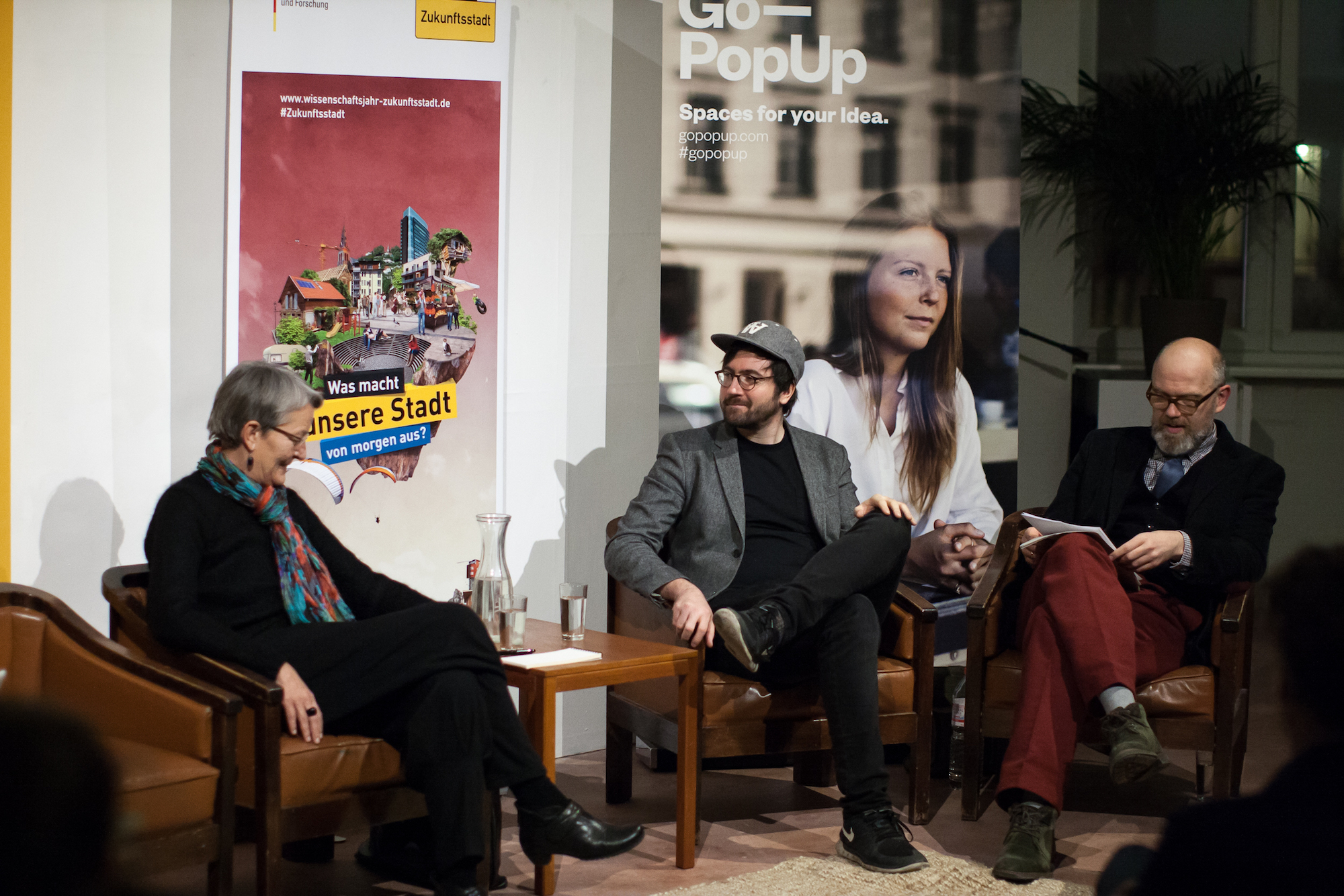 Four experts discussing the future of retail at the SomoS Pop-Up Location
Four experts discussing the future of retail at the SomoS Pop-Up Location
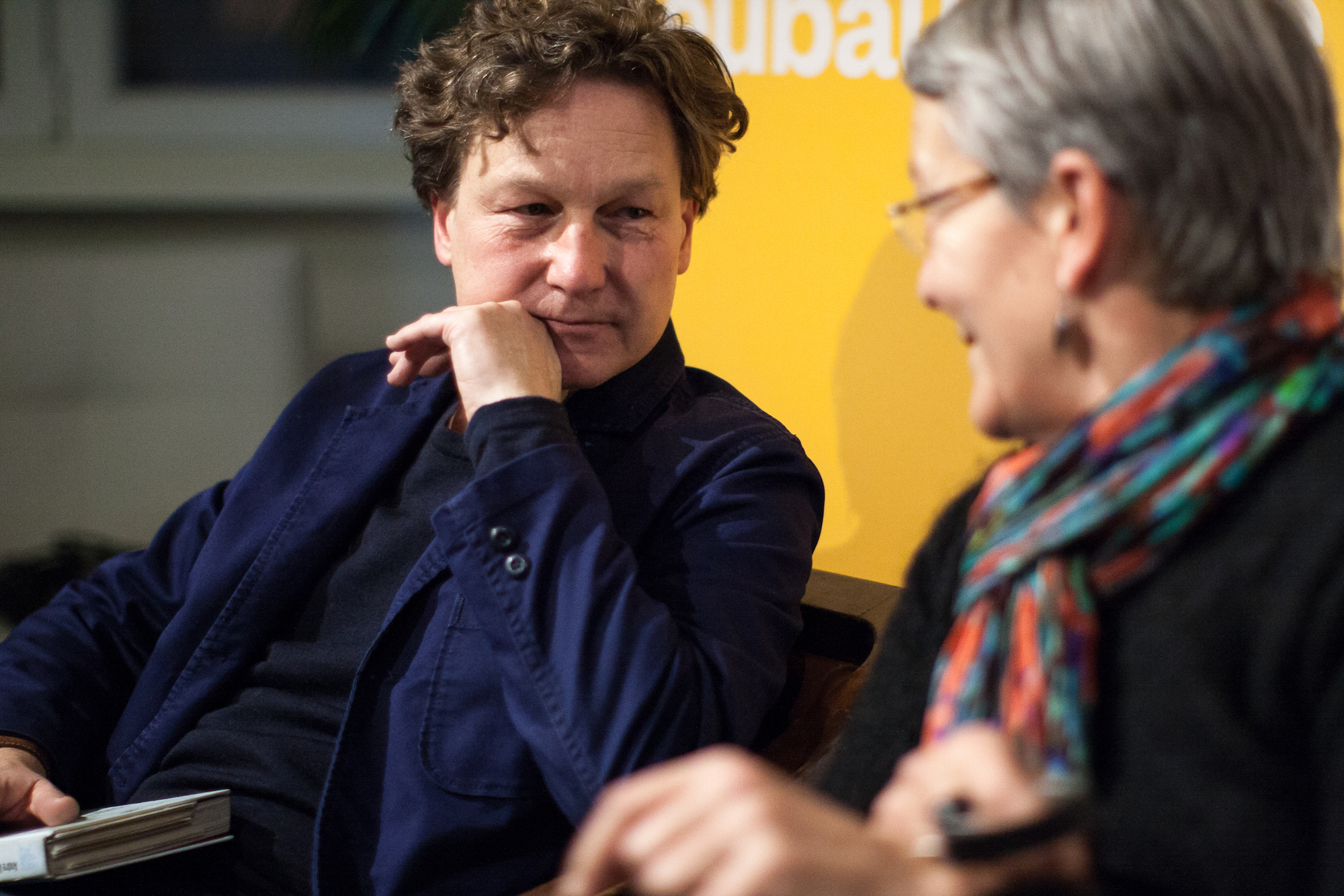 André Wilkens lives at Berlin Torstraße, which he calls silicon alley, because of all the startups offices in the street. The author of »Analog ist das neue Bio« likes to shop in Brunnenstraße, also known as analog alley. The other day he bought a dvd player. Pretty old school.
André Wilkens lives at Berlin Torstraße, which he calls silicon alley, because of all the startups offices in the street. The author of »Analog ist das neue Bio« likes to shop in Brunnenstraße, also known as analog alley. The other day he bought a dvd player. Pretty old school.
Where to find us


